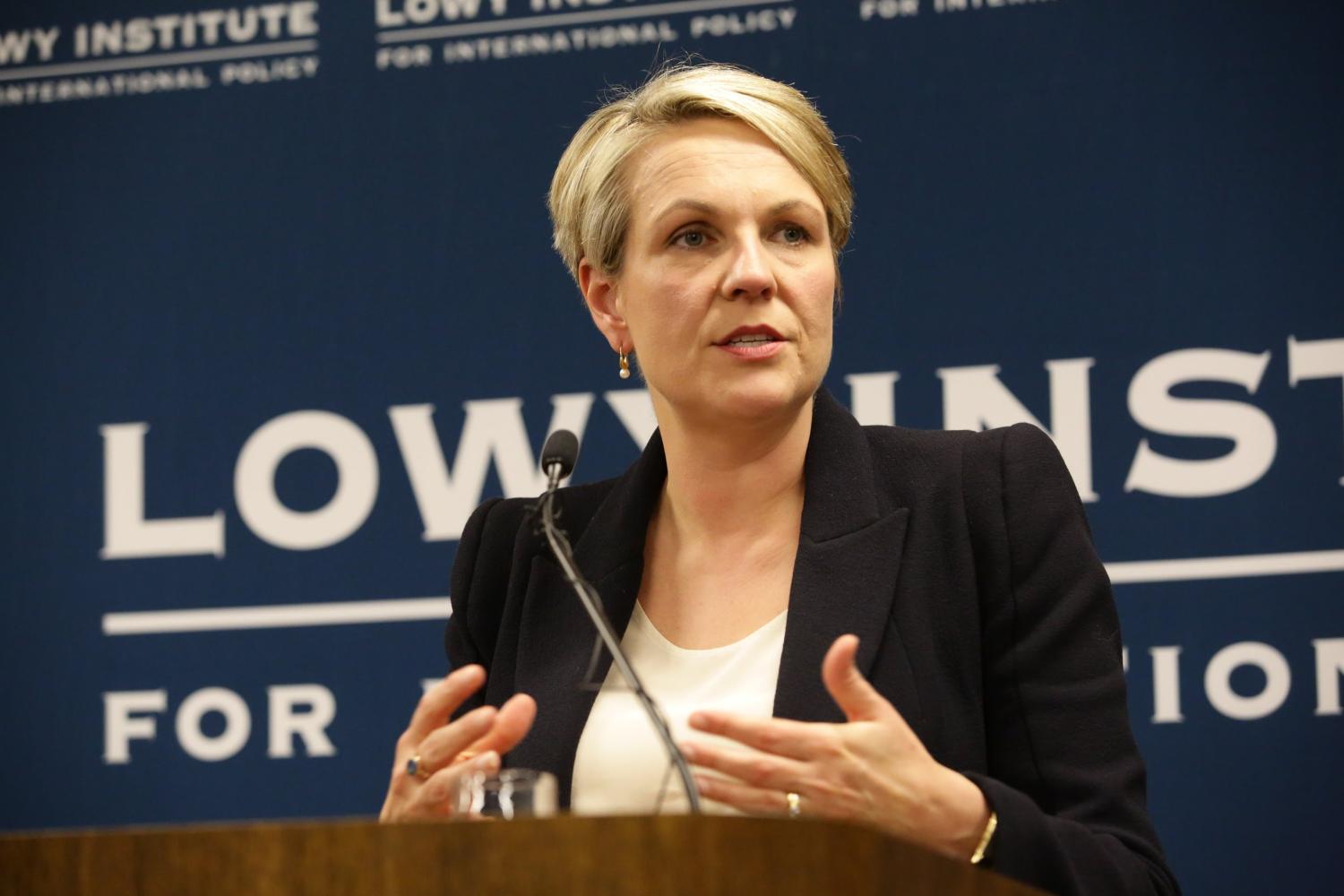Sam Roggeveen is right to lament that foreign policy seldom gets much play at election time, and for that reason I welcome Georgina Downer’s willingness to inject some partisan flair into the debate.
That said, if Ms Downer’s intention was to attack Labor’s foreign policy credentials she could have made a stronger case.
For instance, there were some genuine foreign policy failures during Labor’s time in office. Labor’s abandonment of the Emissions Trading Scheme was a mistake, even though it occurred after Turnbull was garrotted by climate sceptics in his own party and the Greens betrayed all their supporters in the Senate.
Other errors included Kevin Rudd’s support for regime change in Libya (which Obama labels his greatest foreign policy failure as president), and aborting the goal of an Asia-Pacific Community; architecture that would have benefited the region in recent years.
Beyond this, Ms Downer misinterprets some basic elements of Labor’s approach. [fold] First, Labor’s commitment to multilateralism is pragmatic, not ideological. Labor understands that as a middle power Australia’s interests are best served when the excesses of great powers are constrained by a rules-based international order. Moreover, collective challenges such as climate change may only be resolved through multilateral action. Indeed it was coordinated efforts by members of the G20 that maximised the impact of fiscal stimulus and avoided harmful tariffs during the global financial crisis. To the contrary, it’s the Liberal Party that is ideologically opposed to multilateralism, although its staunch opposition to Labor’s UN Security Council bid has fallen curiously silent since the MH17 crisis. Meanwhile, a healthier respect for the UN Security Council would have avoided catastrophic Liberal blunders such as the invasion of Iraq.
With regard to Labor ‘not causing offence in Asia’, that contrasts the Liberal Party’s failure in the region. Prior to the last election Tony Abbott was promising ‘more Jakarta and less Geneva’, and to that end Labor bequeathed a bilateral relationship with Indonesia that was at an all-time high. Yet within months the relationship was at crisis point: incursions into Indonesian waters during Operation Sovereign Borders, Abbott’s unwillingness to apologise in the wake of the Snowden revelations, and alleged bribing of people smugglers, took us back to 1999. Even our so-called ‘best friend in Asia’, Japan, was humiliated over the submarine contract being awarded to France.
Ms Downer then tosses a softball regarding Labor and the US alliance, remarkable given that the most prominent critic of ANZUS is a former Liberal Party prime minister. I challenge Ms Downer to explain how the relationship with the Obama Administration is any better now than under Labor. Obama scolded the Coalition Government’s inaction on climate change during his 2014 address in Brisbane, and then again after the incomprehensible leasing of a Darwin port to a state-owned Chinese company without consulting Washington. The Liberal Party may chant the alliance mantra, but its actual alliance management has been poor. Commitment to the US alliance is bipartisan, the only difference being that Labor views it as a policy, whereas for the Liberal Party it’s an Anglospheric Oedipus complex.
Even on Israel Ms Downer gets it wrong. It’s true that Labor questions the rationale of settlements, and believes that a two-state solution is the most credible path to lasting peace. Yet one wonders how supported Israelis feel when this government welcomes a dubious nuclear deal. The ink wasn’t even dry before Foreign Minister Bishop visited Tehran, and she has since hosted her counterpart here at home. It appears that, for this government, pleading with Iran to accept the return of asylum seekers beats any commitment the Liberal Party might have to Israel’s security.
Even when this government trades global security for bilateral advantage it has tended to fail at both. For instance, the terms of the Australia-India nuclear deal are the worst of any nuclear agreement with any country, regardless of status under the NPT. For the first time ever, the Australian government will be unable to guarantee that Australian uranium will not contribute to a weapons program. In 2011 Labor announced it was willing to reach a bilateral nuclear agreement that promotes rather than hinders the non-proliferation of nuclear weapons, while this government’s appeasement saw it overrule the judgments of a government controlled parliamentary committee to capitulate on India’s every demand.
Having said all this, it’s easy to overstate the differences in foreign policy between the major parties. Most politicians take a national view, working together to promote the national interest across party lines. The differences are real but at the margins, something the Shadow Foreign Minister Tanya Plibersek emphasised in her address at the Lowy Institute on Tuesday.
